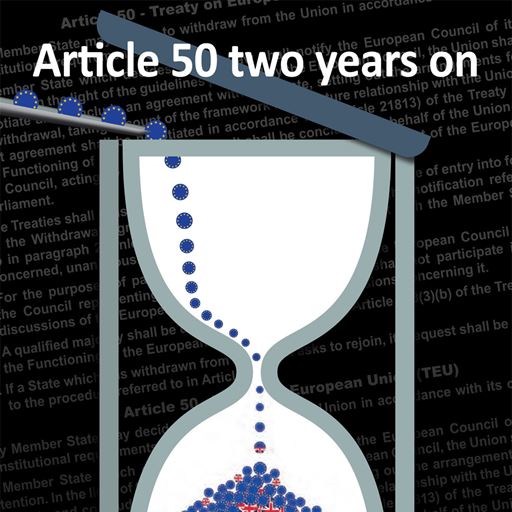Academic think tank The UK in a Changing Europe has marked the UK’s original ‘Brexit Day’ by publishing a new report, Article 50 two years on.
In the report, academics including Professor Sir John Curtice, Professor Catherine Barnard and Professor Vernon Bogdanor take a comprehensive look at the Article 50 process, the deal negotiated, its implications and how both UK public opinion and the European Union have changed over the past two years.
Professor Peers, from our School of Law, focuses on the Withdrawal Agreement - what it means for citizens’ rights, the process of replacing EU with UK law, the UK’s (limited) rights during the transition period, and how any need to extend the transition period would be managed. The final section of the agreement sets out how the two parties propose dealing with the Irish border, including the oft-discussed ‘backstop’.
He said: “Could the UK have negotiated a different Withdrawal Agreement with the EU? Some provisions might be different, if the UK’s settled intention from the outset was to continue participation in the single market and/or agree a customs union with the EU.
"But without either side changing their ‘red lines’, it is hard to see how the agreement could look very different.”
He added: “The House of Commons is still reluctant to approve the Withdrawal Agreement negotiated with the EU, although it is also reluctant to reverse the decision to leave the EU or to leave the EU with no deal. At some point it will have to choose between these options.”

.jpg?mh=500&mw=500&hash=6568B6C9CCF5290A596BEF6678B6AD0E)




